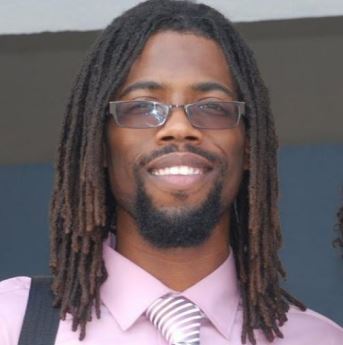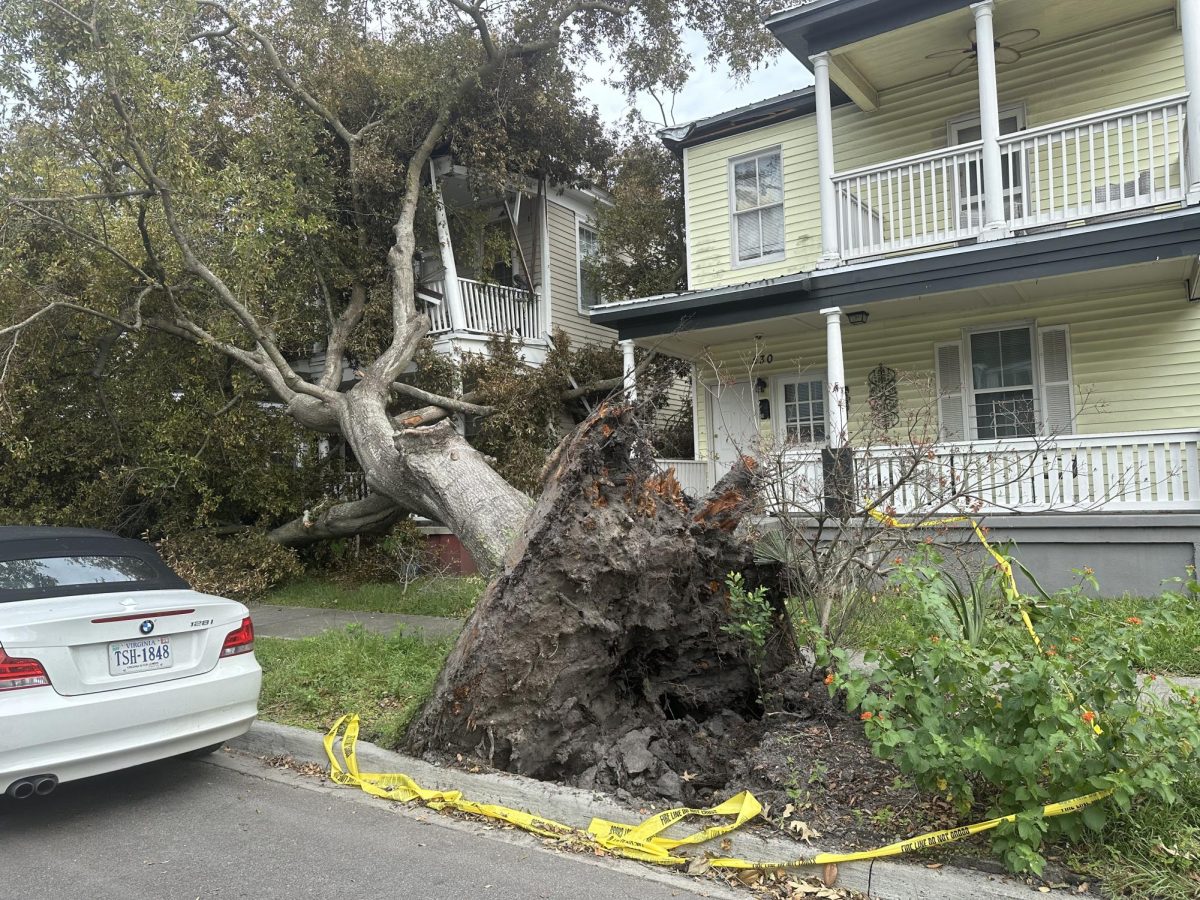
Alyssa Schiffman, Staff Writer
Armstrong’s African-American Studies Program brought in some outside help to answer a very serious question this past week. Emerging scholar and assistant professor of African-American diaspora history Dr. Seneca Vaught presented an in-depth lecture and discussion titled “Do African-American Studies Matter?”
The subject of the African diaspora has had a lasting impact since the inception of African-American culture. As Dr. Vaught explained in an interview, African Diaspora studies owe its recent stand in the foreground to the phenomenon of social media.
“[These studies] matter because we are in an era where these issues of race and inequality have come to the fore.” Dr. Vaught stated, “It’s not because they weren’t major issues before, it’s just that more public attention is being given to them because of these changes in our technology.”
Dr. Vaught stressed how important it is to see the rise of “academic expertise” in the discussion of these matters.
“Looking at the coverage in the news, we can see that the public has interest in these issues, elected officials have interest in these issues, but one of the things we’re not seeing is the inclusion of a variety of academic expertise on these matters…
“Oftentimes people have interesting things to say, but don’t have the academic background for them to be experts on the subject matter.” Dr. Vaught said. “We want to broaden the discussion about black lives… but we want to make sure it’s a balanced perspective, an informed perspective, and I think that African-American studies plays a key role in that.”
Dr. Vaught emphasized the importance of analyzing problems currently being addressed not merely as strains on any specific group but as concerning the entire world
“By ghettoizing these disciplines, and this includes black studies, gender and women’s studies, Latin American studies, Asian studies, etc., we presume that these have nothing to do with the functioning of democracy when it’s quite the opposite.” Said Dr. Vaught. He continued, saying “Different people are impacted by other people and their ideas, and that’s really what democracy is all about.”
Dr. Vaught also pointed out that students can benefit greatly by engaging in African-American studies, regardless of one’s college major. The purpose of university, he explained, is essentially to learn how to expand one’s mind into different realms of thinking.
“I counsel students who come into my office knowing exactly what they want,” Dr. Vaught stated, “but part of what black studies does is that it broadens one’s horizons to think creatively and laterally. Education is not a linear process, and you’re exploring possibilities by engaging different routes of inquiry that you might not have been presented with otherwise.”
The ability to ask and answer these questions is a vital skill to have, particularly in the shifting American landscape.
“We go to school, we go to college, we go to university not because we know the answers already, but to learn how to ask better questions, and African-American studies is really valuable because it teaches us how to frame different and important social questions for this generation.”







